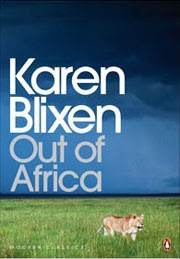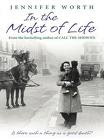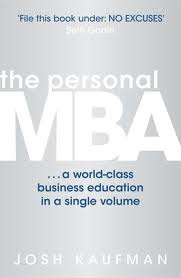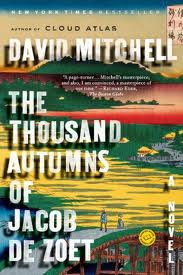Nebraska is not a poetic state. New York, yes. California, yes. Conneticut, maybe. Nebraska, no.
And yet MY ANTONIA made Nebraska a new place for me. It tells the story of a little boy who grows up on a farm in that state in the early nineteenth century, and very movingly recreates the landscape and the people of a small corner of the US just as it is being born. We are mostly focused on his relationship with a young Bohemian (is this Czech?) girl, Antonia, who has just emigrated there. They are free to run all over the country, and we get a vivid child’s eye view of the emerging farm land. He tells us for example:
Trees were so rare in that country, and they had to make such a hard fight to grow, that we used to feel anxious about them, and visit them as if they were persons. It must have been the scarcity of detail in that tawny landscape that made detail so precious.
Or:
We brought the cows home to the corner nearest the barn, and the boys milked them while night came on. Everything was as it should be: the strong smell of sunflowers and ironweed in the dew, the clear blue and gold of the sky, the evening star, the purr of the milk into the pails, the grunts and squeals of the pigs fighting over their supper. I began to feel the loneliness of a farm-boy at evening, when the chores seem everlastingly the same, and the world so far away.
And:
As the sun sank there came a sudden coolness and the strong smell of earth and drying grass. Antonia and her father went off hand in hand, and I buttoned up my jacket and raced my shadow home.
Antonia’s father kills himself, out of homesickness during a freezing Midwestern winter, and her life becomes hard, as she works like a man to keep the farm afloat. She eventually goes into domestic service in town, right next door to the narrator. She is there influenced by ‘fast’ girls, one of whom was often visited by a married man while she was herding cows. One of the modest women of the town lectures her about making eyes at men, to which she replies:
I never made anything to him with my eyes. I can’t help it if he hangs around, and I can’t order him off. It ain’t my prairie.
This is a fine sample of the down-home dialogue I loved in this book and I have been trying since I read it to work “ain’t my prairie” into my ordinary conversation, with limited success.
Antonia is eventually impregnated and abandoned by a worthless young man, and when our narrator leaves for university, we feel her future is to be a shamed woman on her family farm for the rest of her life. When the narrator returns, however, twenty years later and after a career as a lawyer, he finds her happily married and with a big family. This occurs very near the end of the book, and I was beginning to worry where this was all going, and how Cather was going to be able to wrap it up with any kind of thematic or narrative neatness. The novel ends as follows, with the narrator standing on a road by Antonia’s house, and thinking of the first time he met her, on that road, the night that they both arrived in Nebraska:
The feelings of that night were so near that I could reach out and touch them with my hand. I had the sense of coming home to myself, and of having found out what a little circle man’s experience is. For Antonia and for me, this had been the road of Destiny; had taken us to those early accidents of fortune which predetermined for all of us all that we can ever be. Now I understood that the same road was to bring us together again. Whatever we had missed, we possessed together the precious, the incommunicable past.
And somehow that worked beautifully for me.










